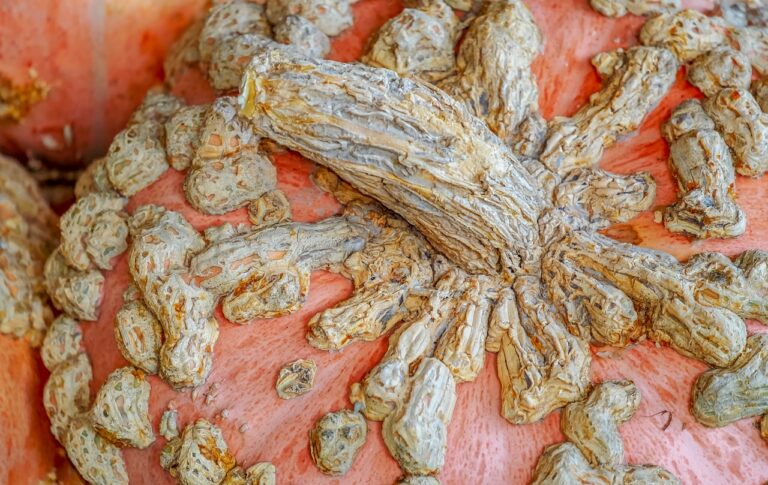The Benefits of Plant-Based Diets for Reducing Carbon Footprint: Goldenexch, Cricbet99 link, King 567
goldenexch, cricbet99 link, king 567: Plant-based diets have become increasingly popular in recent years as more people become aware of the environmental impact of their food choices. By choosing to eat more fruits, vegetables, grains, and legumes and reducing or eliminating animal products from their diets, individuals can significantly reduce their carbon footprint. In this article, we will explore the benefits of plant-based diets for reducing carbon footprint and why making this dietary shift is crucial for our planet’s health.
Less Greenhouse Gas Emissions
One of the primary benefits of plant-based diets for reducing carbon footprint is the significant reduction in greenhouse gas emissions. Animal agriculture is a major contributor to greenhouse gas emissions, with livestock production accounting for up to 14.5% of global greenhouse gas emissions. By choosing to eat plant-based foods instead of animal products, individuals can help to reduce these emissions and mitigate climate change.
Reduced Deforestation
Another benefit of plant-based diets is the reduction of deforestation. The demand for meat and dairy products has led to the destruction of vast areas of forests to make way for livestock grazing and feed crop production. Deforestation not only contributes to biodiversity loss but also releases carbon dioxide into the atmosphere, further exacerbating climate change. By choosing plant-based foods, individuals can help to reduce the demand for animal products and drive down deforestation rates.
Conservation of Water Resources
Animal agriculture is also a significant water-intensive industry, with large quantities of water needed to raise livestock and grow feed crops. By choosing plant-based foods, individuals can help conserve water resources and reduce the strain on freshwater supplies. It takes far less water to produce plant-based foods compared to animal products, making plant-based diets a more sustainable choice for water conservation.
Less Energy Consumption
Plant-based diets also have the benefit of requiring less energy to produce compared to animal products. Livestock production requires large amounts of energy for feed production, animal rearing, transportation, and processing. By choosing plant-based foods, individuals can help to reduce energy consumption and lower their carbon footprint. This can contribute to overall energy conservation and reduce the environmental impact of our food choices.
Promotion of Biodiversity
Plant-based diets can also help to promote biodiversity and protect natural ecosystems. Animal agriculture is a major driver of habitat destruction and species extinction, as large areas of land are cleared for livestock grazing and feed crop production. By choosing plant-based foods, individuals can help to reduce the demand for animal products and lessen the pressure on natural habitats. This can help to protect biodiversity and preserve the delicate balance of our ecosystems.
Improved Soil Health
Plant-based diets can also benefit soil health and fertility. Animal agriculture often involves the use of intensive farming practices that degrade soil quality and contribute to soil erosion. By choosing plant-based foods, individuals can help to promote sustainable agriculture practices that enhance soil health and preserve the long-term viability of our agricultural lands. Healthy soils are essential for growing nutritious crops and supporting a thriving ecosystem.
In conclusion, plant-based diets offer numerous benefits for reducing carbon footprint and promoting a more sustainable food system. By choosing to eat more fruits, vegetables, grains, and legumes and reducing or eliminating animal products from their diets, individuals can help to lower their environmental impact and contribute to a healthier planet. Making the shift to a plant-based diet may seem daunting at first, but it is a powerful step that each of us can take to address climate change and protect the environment for future generations.
—
FAQs
Q: Is it possible to get enough protein on a plant-based diet?
A: Yes, it is entirely possible to get enough protein on a plant-based diet by incorporating a variety of plant-based sources such as beans, lentils, tofu, tempeh, nuts, seeds, and whole grains.
Q: Will I be able to meet all my nutritional needs on a plant-based diet?
A: With careful planning and a well-rounded diet that includes a variety of fruits, vegetables, grains, and legumes, it is possible to meet all your nutritional needs on a plant-based diet. Consider consulting with a registered dietitian to ensure you are meeting your unique dietary requirements.
Q: Are plant-based diets more expensive than a traditional diet?
A: While some specialty plant-based products may be more expensive, a plant-based diet can be affordable and budget-friendly when focusing on whole, minimally processed foods such as fruits, vegetables, grains, and legumes. Stick to seasonal produce and bulk items to keep costs down.







